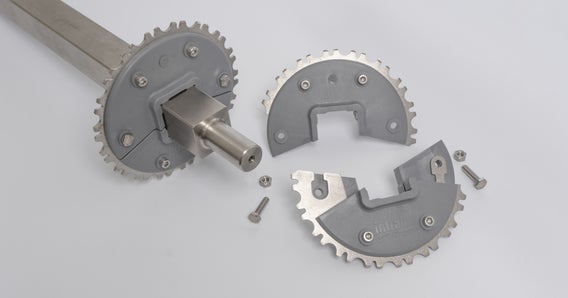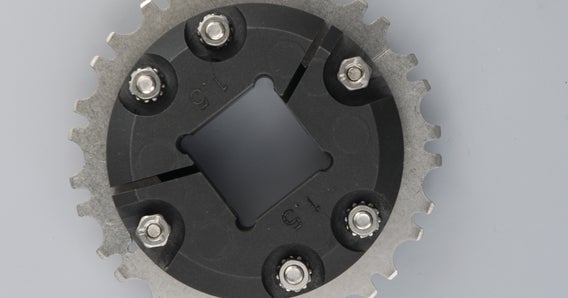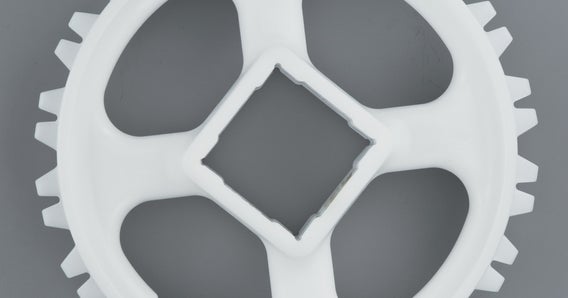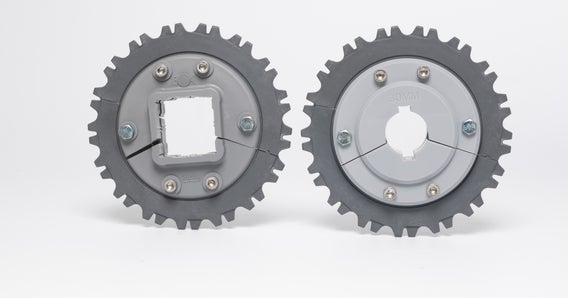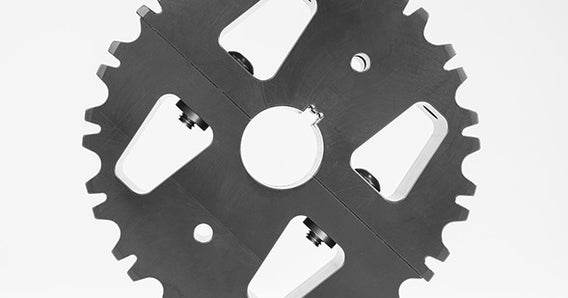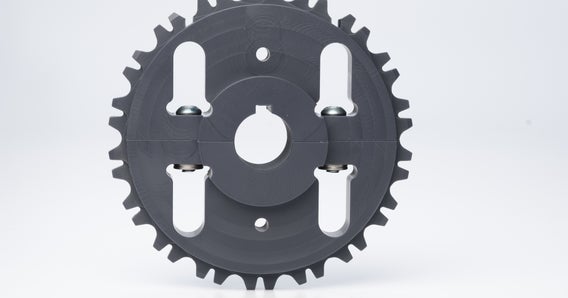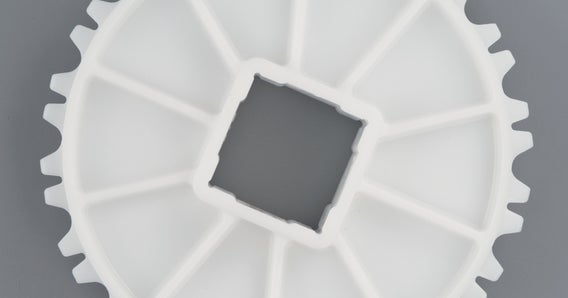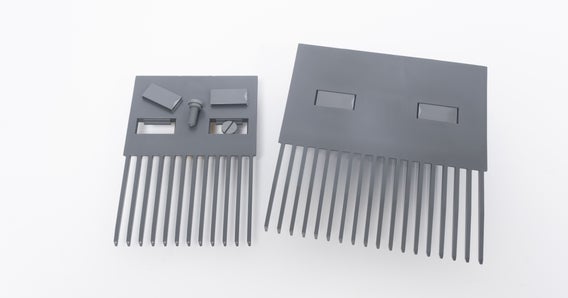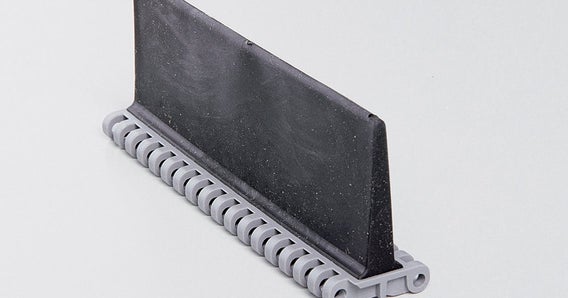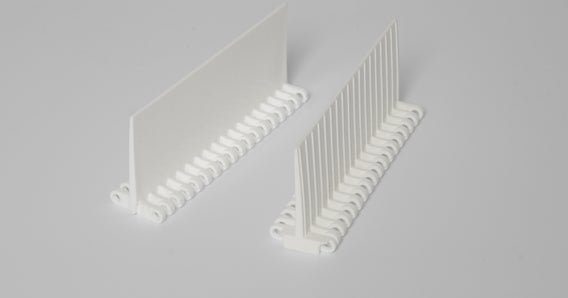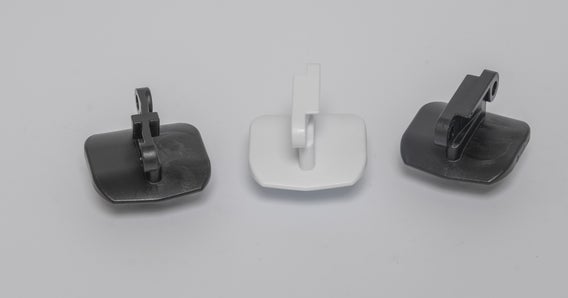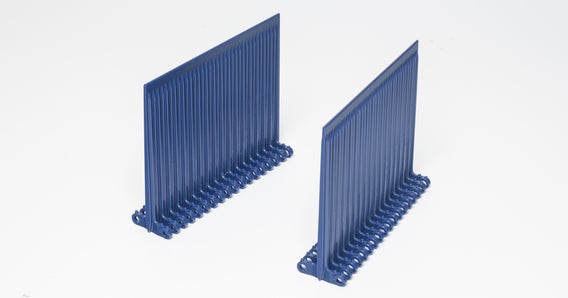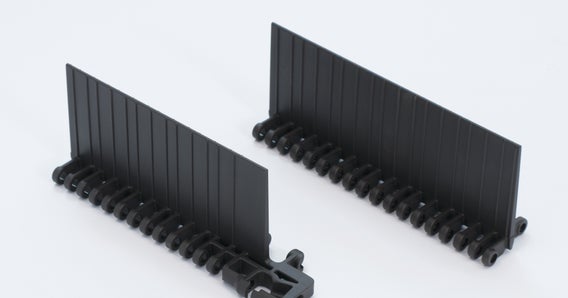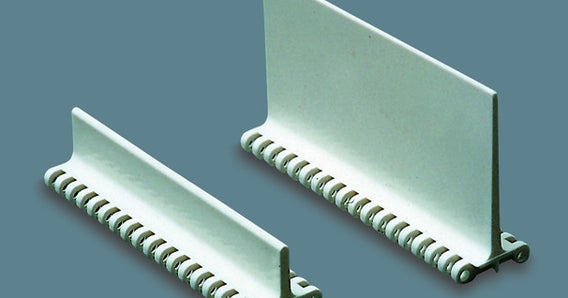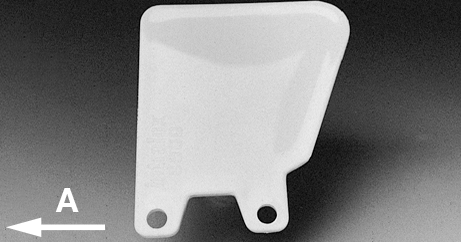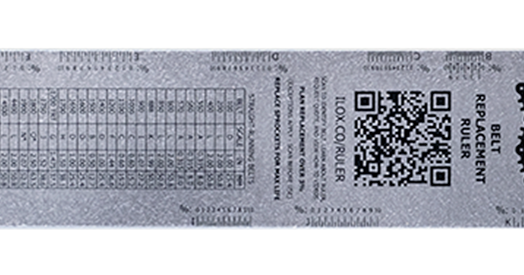| s0900_06t_2-1inpd_1-0in_sq.zip | CAD Drawing | ZIP | 229 KB |
| s0900_06t_2-1inpd_25mm_sq.zip | CAD Drawing | ZIP | 229 KB |
| s0900_06t_53mmpd_1-0in_sq.zip | CAD Drawing | ZIP | 229 KB |
| s0900_06t_53mmpd_25mm_sq.zip | CAD Drawing | ZIP | 229 KB |
| s0900_09t_3-1inpd_1-0in_rnd.zip | CAD Drawing | ZIP | 321 KB |
| s0900_09t_3-1inpd_1-0in_sq.zip | CAD Drawing | ZIP | 349 KB |
| s0900_09t_3-1inpd_1-5in_sq.zip | CAD Drawing | ZIP | 73 KB |
| s0900_09t_3-1inpd_25mm_rnd.zip | CAD Drawing | ZIP | 321 KB |
| s0900_09t_3-1inpd_25mm_sq.zip | CAD Drawing | ZIP | 349 KB |
| s0900_09t_3-1inpd_40mm_sq.zip | CAD Drawing | ZIP | 73 KB |
| s0900_09t_79mmpd_1-0in_rnd.zip | CAD Drawing | ZIP | 321 KB |
| s0900_09t_79mmpd_1-0in_sq.zip | CAD Drawing | ZIP | 349 KB |
| s0900_09t_79mmpd_1-5in_sq.zip | CAD Drawing | ZIP | 73 KB |
| s0900_09t_79mmpd_25mm_rnd.zip | CAD Drawing | ZIP | 321 KB |
| s0900_09t_79mmpd_25mm_sq.zip | CAD Drawing | ZIP | 349 KB |
| s0900_09t_79mmpd_40mm_sq.zip | CAD Drawing | ZIP | 73 KB |
| s0900_10t_3-5inpd_1-0in_sq.zip | CAD Drawing | ZIP | 298 KB |
| s0900_10t_3-5inpd_1-5in_sq.zip | CAD Drawing | ZIP | 298 KB |
| s0900_10t_3-5inpd_40mm_sq.zip | CAD Drawing | ZIP | 298 KB |
| s0900_10t_89mmpd_1-0in_sq.zip | CAD Drawing | ZIP | 298 KB |
| s0900_10t_89mmpd_1-5in_sq.zip | CAD Drawing | ZIP | 298 KB |
| s0900_10t_89mmpd_40mm_sq.zip | CAD Drawing | ZIP | 298 KB |
| s0900_12t_104mmpd_1-063in_rnd.zip | CAD Drawing | ZIP | 272 KB |
| s0900_12t_104mmpd_1-0in_rnd.zip | CAD Drawing | ZIP | 272 KB |
| s0900_12t_104mmpd_1-125in_rnd.zip | CAD Drawing | ZIP | 272 KB |
| s0900_12t_104mmpd_1-188in_rnd.zip | CAD Drawing | ZIP | 272 KB |
| s0900_12t_104mmpd_1-250in_rnd.zip | CAD Drawing | ZIP | 272 KB |
| s0900_12t_104mmpd_1-375in_rnd.zip | CAD Drawing | ZIP | 272 KB |
| s0900_12t_104mmpd_1-438in_rnd.zip | CAD Drawing | ZIP | 272 KB |
| s0900_12t_104mmpd_1-5in_rnd.zip | CAD Drawing | ZIP | 272 KB |
| s0900_12t_104mmpd_1-5in_sq.zip | CAD Drawing | ZIP | 435 KB |
| s0900_12t_104mmpd_1-938in_rnd.zip | CAD Drawing | ZIP | 272 KB |
| s0900_12t_104mmpd_1-9in_rnd.zip | CAD Drawing | ZIP | 256 KB |
| s0900_12t_104mmpd_2-0in_rnd.zip | CAD Drawing | ZIP | 272 KB |
| s0900_12t_104mmpd_2-125in_rnd.zip | CAD Drawing | ZIP | 272 KB |
| s0900_12t_104mmpd_2-188in_rnd.zip | CAD Drawing | ZIP | 272 KB |
| s0900_12t_104mmpd_25mm_rnd.zip | CAD Drawing | ZIP | 272 KB |
| s0900_12t_104mmpd_30mm_rnd.zip | CAD Drawing | ZIP | 272 KB |
| s0900_12t_104mmpd_35mm_rnd.zip | CAD Drawing | ZIP | 272 KB |
| s0900_12t_104mmpd_40mm_rnd.zip | CAD Drawing | ZIP | 272 KB |
| s0900_12t_104mmpd_40mm_sq.zip | CAD Drawing | ZIP | 435 KB |
| s0900_12t_104mmpd_50mm_rnd.zip | CAD Drawing | ZIP | 272 KB |
| s0900_12t_104mmpd_55mm_rnd.zip | CAD Drawing | ZIP | 272 KB |
| s0900_12t_4-1inpd_1-063in_rnd.zip | CAD Drawing | ZIP | 272 KB |
| s0900_12t_4-1inpd_1-0in_rnd.zip | CAD Drawing | ZIP | 272 KB |
| s0900_12t_4-1inpd_1-125in_rnd.zip | CAD Drawing | ZIP | 272 KB |
| s0900_12t_4-1inpd_1-188in_rnd.zip | CAD Drawing | ZIP | 272 KB |
| s0900_12t_4-1inpd_1-250in_rnd.zip | CAD Drawing | ZIP | 272 KB |
| s0900_12t_4-1inpd_1-375in_rnd.zip | CAD Drawing | ZIP | 272 KB |
| s0900_12t_4-1inpd_1-438in_rnd.zip | CAD Drawing | ZIP | 272 KB |
| s0900_12t_4-1inpd_1-5in_rnd.zip | CAD Drawing | ZIP | 272 KB |
| s0900_12t_4-1inpd_1-5in_sq.zip | CAD Drawing | ZIP | 435 KB |
| s0900_12t_4-1inpd_1-938in_rnd.zip | CAD Drawing | ZIP | 272 KB |
| s0900_12t_4-1inpd_1-9in_rnd.zip | CAD Drawing | ZIP | 256 KB |
| s0900_12t_4-1inpd_2-0in_rnd.zip | CAD Drawing | ZIP | 272 KB |
| s0900_12t_4-1inpd_2-125in_rnd.zip | CAD Drawing | ZIP | 272 KB |
| s0900_12t_4-1inpd_2-188in_rnd.zip | CAD Drawing | ZIP | 272 KB |
| s0900_12t_4-1inpd_25mm_rnd.zip | CAD Drawing | ZIP | 272 KB |
| s0900_12t_4-1inpd_30mm_rnd.zip | CAD Drawing | ZIP | 272 KB |
| s0900_12t_4-1inpd_35mm_rnd.zip | CAD Drawing | ZIP | 272 KB |
| s0900_12t_4-1inpd_40mm_rnd.zip | CAD Drawing | ZIP | 272 KB |
| s0900_12t_4-1inpd_40mm_sq.zip | CAD Drawing | ZIP | 435 KB |
| s0900_12t_4-1inpd_50mm_rnd.zip | CAD Drawing | ZIP | 272 KB |
| s0900_12t_4-1inpd_55mm_rnd.zip | CAD Drawing | ZIP | 272 KB |
| s0900_17t_147mmpd_1-188in_rnd.zip | CAD Drawing | ZIP | 442 KB |
| s0900_17t_147mmpd_1-250in_rnd.zip | CAD Drawing | ZIP | 442 KB |
| s0900_17t_147mmpd_1-375in_rnd.zip | CAD Drawing | ZIP | 442 KB |
| s0900_17t_147mmpd_1-438in_rnd.zip | CAD Drawing | ZIP | 442 KB |
| s0900_17t_147mmpd_1-5in_rnd.zip | CAD Drawing | ZIP | 442 KB |
| s0900_17t_147mmpd_30mm_rnd.zip | CAD Drawing | ZIP | 442 KB |
| s0900_17t_147mmpd_40mm_rnd.zip | CAD Drawing | ZIP | 442 KB |
| s0900_17t_5-8inpd_1-188in_rnd.zip | CAD Drawing | ZIP | 442 KB |
| s0900_17t_5-8inpd_1-250in_rnd.zip | CAD Drawing | ZIP | 442 KB |
| s0900_17t_5-8inpd_1-375in_rnd.zip | CAD Drawing | ZIP | 442 KB |
| s0900_17t_5-8inpd_1-438in_rnd.zip | CAD Drawing | ZIP | 442 KB |
| s0900_17t_5-8inpd_1-5in_rnd.zip | CAD Drawing | ZIP | 442 KB |
| s0900_17t_5-8inpd_30mm_rnd.zip | CAD Drawing | ZIP | 442 KB |
| s0900_17t_5-8inpd_40mm_rnd.zip | CAD Drawing | ZIP | 442 KB |
| s0900_18t_155mmpd_1-063in_rnd.zip | CAD Drawing | ZIP | 350 KB |
| s0900_18t_155mmpd_1-0in_rnd.zip | CAD Drawing | ZIP | 350 KB |
| s0900_18t_155mmpd_1-125in_rnd.zip | CAD Drawing | ZIP | 350 KB |
| s0900_18t_155mmpd_1-188in_rnd.zip | CAD Drawing | ZIP | 350 KB |
| s0900_18t_155mmpd_1-250in_rnd.zip | CAD Drawing | ZIP | 350 KB |
| s0900_18t_155mmpd_1-375in_rnd.zip | CAD Drawing | ZIP | 350 KB |
| s0900_18t_155mmpd_1-438in_rnd.zip | CAD Drawing | ZIP | 350 KB |
| s0900_18t_155mmpd_1-5in_rnd.zip | CAD Drawing | ZIP | 350 KB |
| s0900_18t_155mmpd_1-5in_sq.zip | CAD Drawing | ZIP | 456 KB |
| s0900_18t_155mmpd_1-938in_rnd.zip | CAD Drawing | ZIP | 350 KB |
| s0900_18t_155mmpd_2-0in_rnd.zip | CAD Drawing | ZIP | 350 KB |
| s0900_18t_155mmpd_2-125in_rnd.zip | CAD Drawing | ZIP | 350 KB |
| s0900_18t_155mmpd_2-188in_rnd.zip | CAD Drawing | ZIP | 116 KB |
| s0900_18t_155mmpd_2-5in_sq.zip | CAD Drawing | ZIP | 426 KB |
| s0900_18t_155mmpd_25mm_rnd.zip | CAD Drawing | ZIP | 350 KB |
| s0900_18t_155mmpd_30mm_rnd.zip | CAD Drawing | ZIP | 350 KB |
| s0900_18t_155mmpd_35mm_rnd.zip | CAD Drawing | ZIP | 350 KB |
| s0900_18t_155mmpd_40mm_rnd.zip | CAD Drawing | ZIP | 350 KB |
| s0900_18t_155mmpd_40mm_sq.zip | CAD Drawing | ZIP | 456 KB |
| s0900_18t_155mmpd_50mm_rnd.zip | CAD Drawing | ZIP | 350 KB |
| s0900_18t_155mmpd_55mm_rnd.zip | CAD Drawing | ZIP | 350 KB |
| s0900_18t_155mmpd_60mm_sq.zip | CAD Drawing | ZIP | 426 KB |
| s0900_18t_155mmpd_65mm_sq.zip | CAD Drawing | ZIP | 426 KB |
| s0900_18t_6-1inpd_1-063in_rnd.zip | CAD Drawing | ZIP | 350 KB |
| s0900_18t_6-1inpd_1-0in_rnd.zip | CAD Drawing | ZIP | 350 KB |
| s0900_18t_6-1inpd_1-125in_rnd.zip | CAD Drawing | ZIP | 350 KB |
| s0900_18t_6-1inpd_1-188in_rnd.zip | CAD Drawing | ZIP | 350 KB |
| s0900_18t_6-1inpd_1-250in_rnd.zip | CAD Drawing | ZIP | 350 KB |
| s0900_18t_6-1inpd_1-375in_rnd.zip | CAD Drawing | ZIP | 350 KB |
| s0900_18t_6-1inpd_1-438in_rnd.zip | CAD Drawing | ZIP | 350 KB |
| s0900_18t_6-1inpd_1-5in_rnd.zip | CAD Drawing | ZIP | 350 KB |
| s0900_18t_6-1inpd_1-5in_sq.zip | CAD Drawing | ZIP | 456 KB |
| s0900_18t_6-1inpd_1-938in_rnd.zip | CAD Drawing | ZIP | 350 KB |
| s0900_18t_6-1inpd_2-0in_rnd.zip | CAD Drawing | ZIP | 350 KB |
| s0900_18t_6-1inpd_2-125in_rnd.zip | CAD Drawing | ZIP | 350 KB |
| s0900_18t_6-1inpd_2-188in_rnd.zip | CAD Drawing | ZIP | 116 KB |
| s0900_18t_6-1inpd_2-5in_sq.zip | CAD Drawing | ZIP | 426 KB |
| s0900_18t_6-1inpd_25mm_rnd.zip | CAD Drawing | ZIP | 350 KB |
| s0900_18t_6-1inpd_30mm_rnd.zip | CAD Drawing | ZIP | 350 KB |
| s0900_18t_6-1inpd_35mm_rnd.zip | CAD Drawing | ZIP | 350 KB |
| s0900_18t_6-1inpd_40mm_rnd.zip | CAD Drawing | ZIP | 350 KB |
| s0900_18t_6-1inpd_40mm_sq.zip | CAD Drawing | ZIP | 456 KB |
| s0900_18t_6-1inpd_50mm_rnd.zip | CAD Drawing | ZIP | 350 KB |
| s0900_18t_6-1inpd_55mm_rnd.zip | CAD Drawing | ZIP | 350 KB |
| s0900_18t_6-1inpd_60mm_sq.zip | CAD Drawing | ZIP | 426 KB |
| s0900_18t_6-1inpd_65mm_sq.zip | CAD Drawing | ZIP | 426 KB |
| s0900_20t_173mmpd_1-063in_rnd.zip | CAD Drawing | ZIP | 472 KB |
| s0900_20t_173mmpd_1-0in_rnd.zip | CAD Drawing | ZIP | 472 KB |
| s0900_20t_173mmpd_1-125in_rnd.zip | CAD Drawing | ZIP | 472 KB |
| s0900_20t_173mmpd_1-188in_rnd.zip | CAD Drawing | ZIP | 472 KB |
| s0900_20t_173mmpd_1-250in_rnd.zip | CAD Drawing | ZIP | 472 KB |
| s0900_20t_173mmpd_1-375in_rnd.zip | CAD Drawing | ZIP | 472 KB |
| s0900_20t_173mmpd_1-438in_rnd.zip | CAD Drawing | ZIP | 472 KB |
| s0900_20t_173mmpd_1-5in_rnd.zip | CAD Drawing | ZIP | 472 KB |
| s0900_20t_173mmpd_1-5in_sq.zip | CAD Drawing | ZIP | 543 KB |
| s0900_20t_173mmpd_1-938in_rnd.zip | CAD Drawing | ZIP | 472 KB |
| s0900_20t_173mmpd_2-0in_rnd.zip | CAD Drawing | ZIP | 472 KB |
| s0900_20t_173mmpd_2-125in_rnd.zip | CAD Drawing | ZIP | 472 KB |
| s0900_20t_173mmpd_2-188in_rnd.zip | CAD Drawing | ZIP | 472 KB |
| s0900_20t_173mmpd_2-5in_sq.zip | CAD Drawing | ZIP | 544 KB |
| s0900_20t_173mmpd_25mm_rnd.zip | CAD Drawing | ZIP | 472 KB |
| s0900_20t_173mmpd_30mm_rnd.zip | CAD Drawing | ZIP | 472 KB |
| s0900_20t_173mmpd_35mm_rnd.zip | CAD Drawing | ZIP | 472 KB |
| s0900_20t_173mmpd_40mm_rnd.zip | CAD Drawing | ZIP | 472 KB |
| s0900_20t_173mmpd_40mm_sq.zip | CAD Drawing | ZIP | 543 KB |
| s0900_20t_173mmpd_50mm_rnd.zip | CAD Drawing | ZIP | 472 KB |
| s0900_20t_173mmpd_55mm_rnd.zip | CAD Drawing | ZIP | 472 KB |
| s0900_20t_173mmpd_60mm_sq.zip | CAD Drawing | ZIP | 544 KB |
| s0900_20t_173mmpd_65mm_sq.zip | CAD Drawing | ZIP | 544 KB |
| s0900_20t_6-8inpd_1-063in_rnd.zip | CAD Drawing | ZIP | 472 KB |
| s0900_20t_6-8inpd_1-0in_rnd.zip | CAD Drawing | ZIP | 472 KB |
| s0900_20t_6-8inpd_1-125in_rnd.zip | CAD Drawing | ZIP | 472 KB |
| s0900_20t_6-8inpd_1-188in_rnd.zip | CAD Drawing | ZIP | 472 KB |
| s0900_20t_6-8inpd_1-250in_rnd.zip | CAD Drawing | ZIP | 472 KB |
| s0900_20t_6-8inpd_1-375in_rnd.zip | CAD Drawing | ZIP | 472 KB |
| s0900_20t_6-8inpd_1-438in_rnd.zip | CAD Drawing | ZIP | 472 KB |
| s0900_20t_6-8inpd_1-5in_rnd.zip | CAD Drawing | ZIP | 472 KB |
| s0900_20t_6-8inpd_1-5in_sq.zip | CAD Drawing | ZIP | 543 KB |
| s0900_20t_6-8inpd_1-938in_rnd.zip | CAD Drawing | ZIP | 472 KB |
| s0900_20t_6-8inpd_2-0in_rnd.zip | CAD Drawing | ZIP | 472 KB |
| s0900_20t_6-8inpd_2-125in_rnd.zip | CAD Drawing | ZIP | 472 KB |
| s0900_20t_6-8inpd_2-188in_rnd.zip | CAD Drawing | ZIP | 472 KB |
| s0900_20t_6-8inpd_2-5in_sq.zip | CAD Drawing | ZIP | 544 KB |
| s0900_20t_6-8inpd_25mm_rnd.zip | CAD Drawing | ZIP | 472 KB |
| s0900_20t_6-8inpd_30mm_rnd.zip | CAD Drawing | ZIP | 472 KB |
| s0900_20t_6-8inpd_35mm_rnd.zip | CAD Drawing | ZIP | 472 KB |
| s0900_20t_6-8inpd_40mm_rnd.zip | CAD Drawing | ZIP | 472 KB |
| s0900_20t_6-8inpd_40mm_sq.zip | CAD Drawing | ZIP | 543 KB |
| s0900_20t_6-8inpd_50mm_rnd.zip | CAD Drawing | ZIP | 472 KB |
| s0900_20t_6-8inpd_55mm_rnd.zip | CAD Drawing | ZIP | 472 KB |
| s0900_20t_6-8inpd_60mm_sq.zip | CAD Drawing | ZIP | 544 KB |
| s0900_20t_6-8inpd_65mm_sq.zip | CAD Drawing | ZIP | 544 KB |
